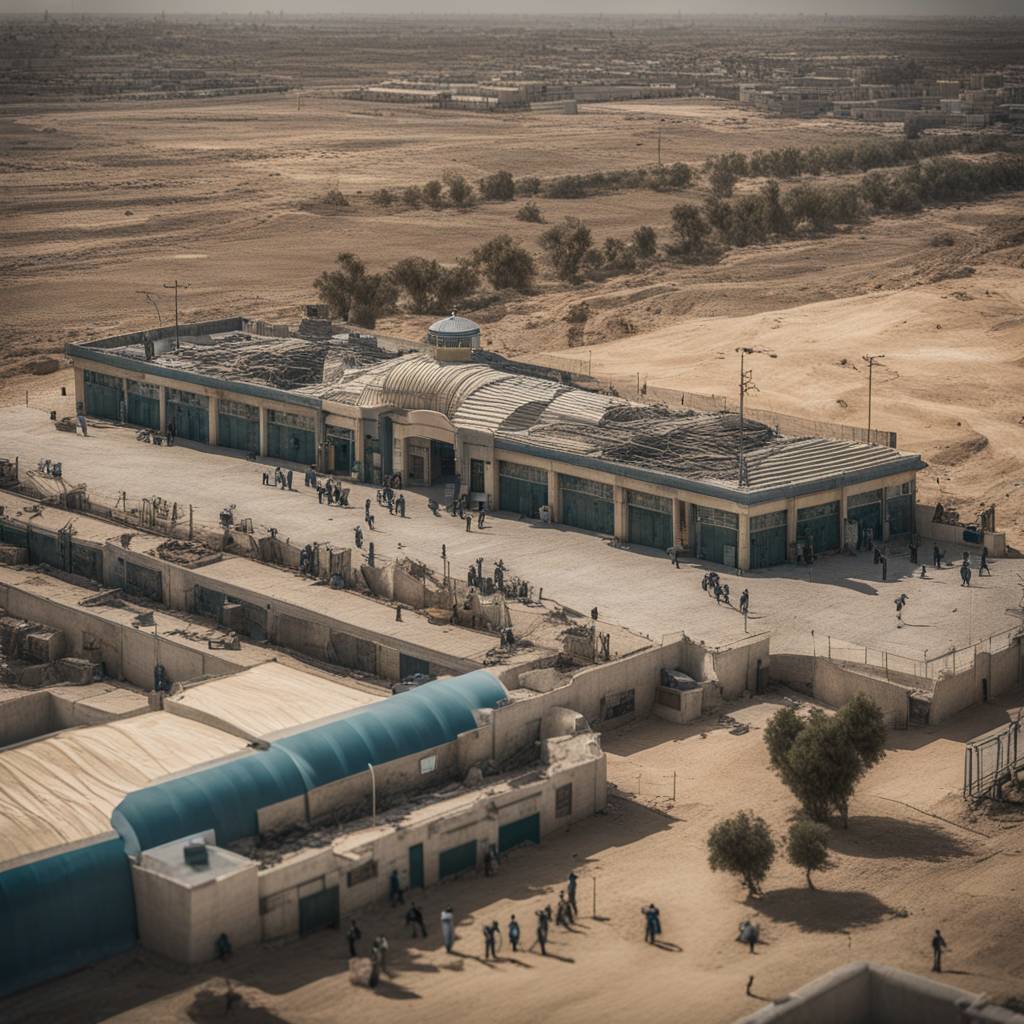Benjamin Netanyahu, despite being seen as incompetent, corrupt, and divisive, is right in asserting the importance of Israel conquering Rafah and destroying the Hamas battalions hiding there. This is seen as necessary for Palestinian-Israeli peace, regional stability, and the safety of Israelis, especially those living in southern Israel. However, the decision to attack Rafah is still uncertain, with the Biden administration cautioning against a full-scale invasion due to potential harm to civilians and security consequences for Israel. While Israel has indicated a date for an invasion, the specifics remain unclear.
There are significant obstacles to an invasion of Rafah, including the presence of a human shield of 1.4 million residents in the region. This would inevitably result in civilian casualties, despite efforts to move civilians out of harm’s way. Additionally, Egypt has advised Israel to stay out of Rafah, fearing spillover into the Sinai Peninsula and potential political consequences. The campaign in Rafah is expected to be protracted, given the Hamas tunnel system under the city’s streets and the potential presence of Israeli hostages from previous assaults.
Israeli public opinion is divided on the issue, with concerns about the impact of a Rafah offensive on ongoing negotiations for the release of hostages and potential violence on the streets. The mobilization of reservists and the risk of a crisis in the government coalition could further complicate the situation. However, the potential for the final destruction of Hamas as a military and governing organization is seen as a crucial outcome that outweighs the risks of the operation.
Failure to seize Rafah and dismantle Hamas could have serious consequences, including a perception of Israeli weakness that could embolden other militant groups. The rearming of Hamas through tunnels and the projection of power northward would pose a significant threat to Israel’s security. Additionally, the failure to act decisively in Rafah could undermine the credibility of Israel as a strong and capable state, potentially leading to further conflict with Hezbollah and other adversaries.
The author emphasizes the importance of taking action in Rafah to prevent Hamas from regaining strength and creating further insecurity for Israelis. Allowing Hamas to emerge victorious would be a critical failure of Zionism, which was founded to provide a safe haven for Jews. The possibility of foreign troops or Palestinian authorities replacing Israelis in Gaza would diminish, as these groups would likely be targeted by Hamas as collaborators. In order to restore safety and eliminate the threat posed by Hamas, the invasion of Rafah is seen as necessary, regardless of personal opinions about Benjamin Netanyahu.








